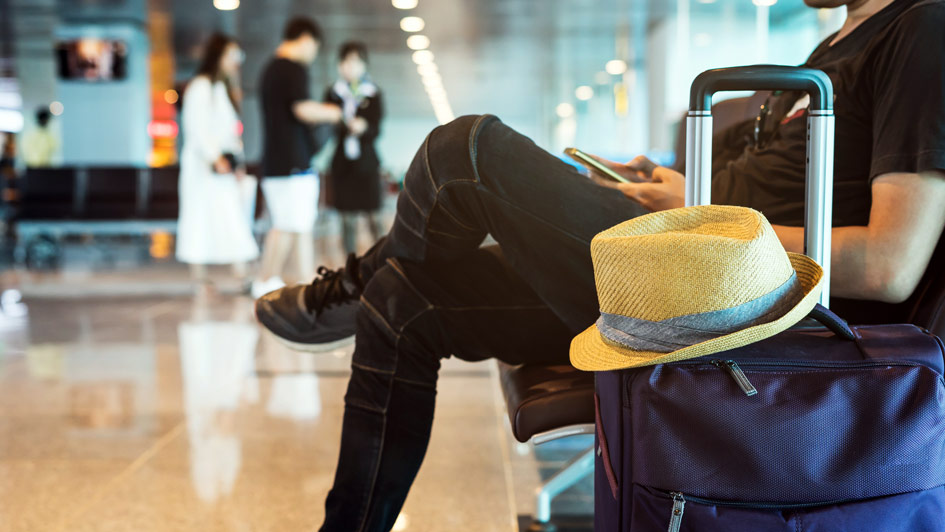
Whether it’s a relaxing vacation or a lengthy trip for work, leaving home means making preparations for your HVAC system. You won’t be using it if you’re on a trip, so you can adjust it as appropriate to minimize your energy use. Just the same, you don’t want to just shut it down for the entire time you're out of the house.
For the most part, it’s better to leave your HVAC system running and adjust the temperature depending on whether it's winter or summer. That way you can minimize energy costs without worrying about getting back to an uncomfortable home. We’ll review why you should leave your HVAC system on as well as the most energy-efficient thermostat settings for summer and winter.
Here’s Why You Avoid Leaving Your Thermostat on Hold
While you could be tempted to leave your HVAC system off before a trip, this will sometimes end up stirring up big problems by the time you return. This is notably true in case the weather will be severely hot or cold while you’re gone.
For instance, turning the HVAC system down in the summer could produce very high humidity. Not only will your home feel muggy and uncomfortable when you return, but it may have also invited mold/mildew growth or pest infestations.
And over the winter, leaving the furnace off can lead to pipes freezing up or even bursting. It’s never fun to get home from a nice trip only to find considerable water damage nearby a broken pipe.
Best Thermostat Settings While at Work
You can adjust the temperature even as you come and go to work. Considering you’re not home for about 8 hours or longer, it doesn’t help your monthly energy bill to keep an empty home heated or cooled as if you were there. As a general rule, it’s suggested to raise the thermostat by 5 degrees or more. This means that if you prefer a comfortable 72 degrees, try raising it to 76-77 while you’re gone.
But you could save even more if you're open to further adjusting the temperature. As stated by the Department of Energy, you could save about 10% on your HVAC expenses by raising the temperature by about 7-10 degrees.
Energy-Efficient Thermostat Settings While on Vacation in Summer
If you leave for a longer trip in the middle of summer, you can make more significant adjustments. This ensures you don’t waste energy while still defending your home from the problems that come with leaving it uncooled. About 5 degrees is appropriate for brief trips while closer to 10 degrees is worthwhile if you’ll be out of town for 2 weeks or longer. If you like keeping the house at 72 in the summer, 78-82 will offer great results.
Recommended Thermostat Settings While On a Trip in Winter
To try and find the best thermostat setting for a winter vacation, just lower the temperature by the same amount you would adjust it in summer. 68 is a frequent winter thermostat setting, so turning it down to 63-58 will prevent ice from forming on pipes while limiting how frequently your furnace runs.
Smart Thermostats Are Even Better: Advantages of a Smart Thermostat
An ideal strategy to manage your home’s HVAC system while away is with a smart thermostat. This innovative type of programmable thermostat uses intelligent software to understand your usual comfort habits. It applies these preferences and makes automatic adjustments to the schedule for better energy efficiency. And with Wi-Fi connectivity, you can remotely control your heating and cooling using a mobile device or tablet.
Smart thermostats are loaded with features to help you save energy and lower costs. For instance, certain models can track electricity prices to bolster heating or cooling when prices are lowest. They can be used with high-efficiency, variable-speed equipment to fine-tune how long your HVAC system should run. It’s the ideal tool to enhance how you control your comfort system. If you’re considering investing in a smart thermostat, there are different ways you can bring down your costs, essentially getting a smart thermostat for free. The next time you leave for vacation, you can receive true peace of mind that your HVAC system won’t stir up any trouble while you’re away.
